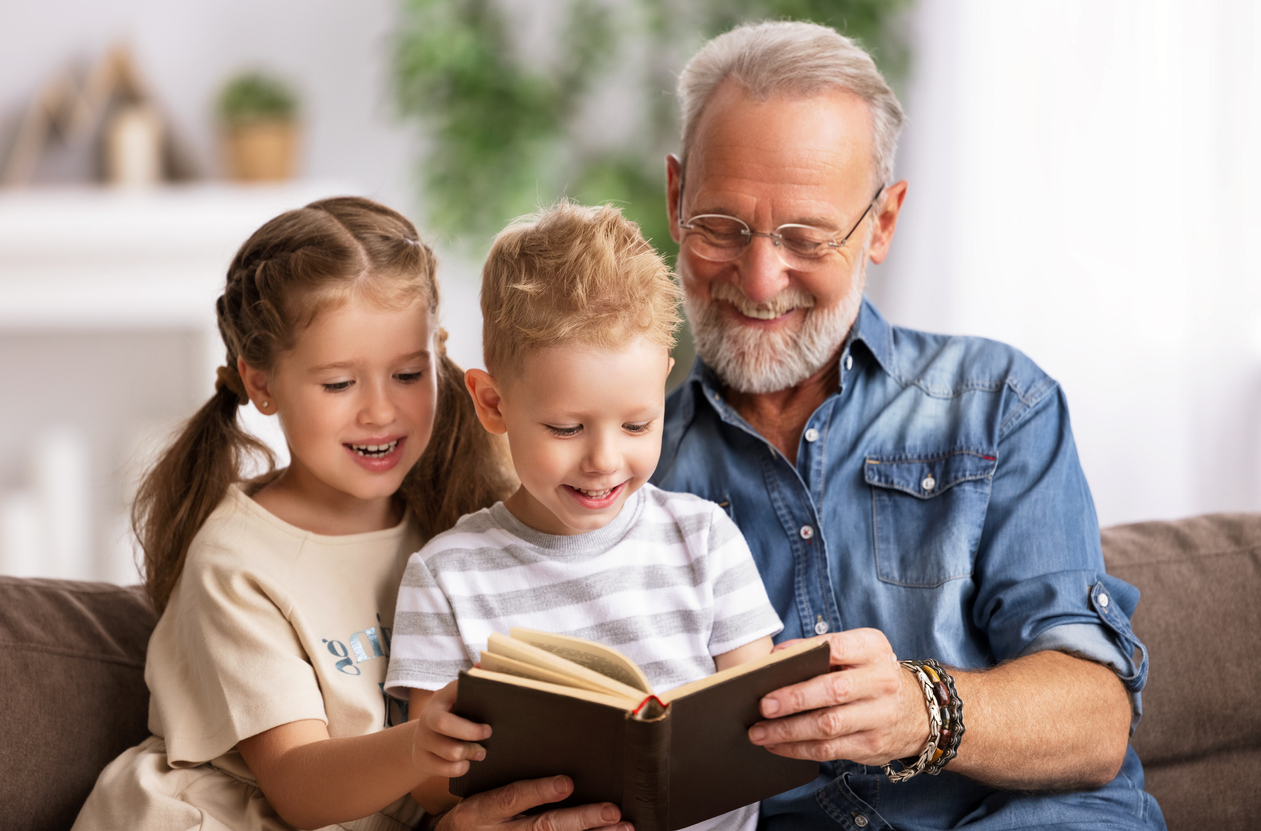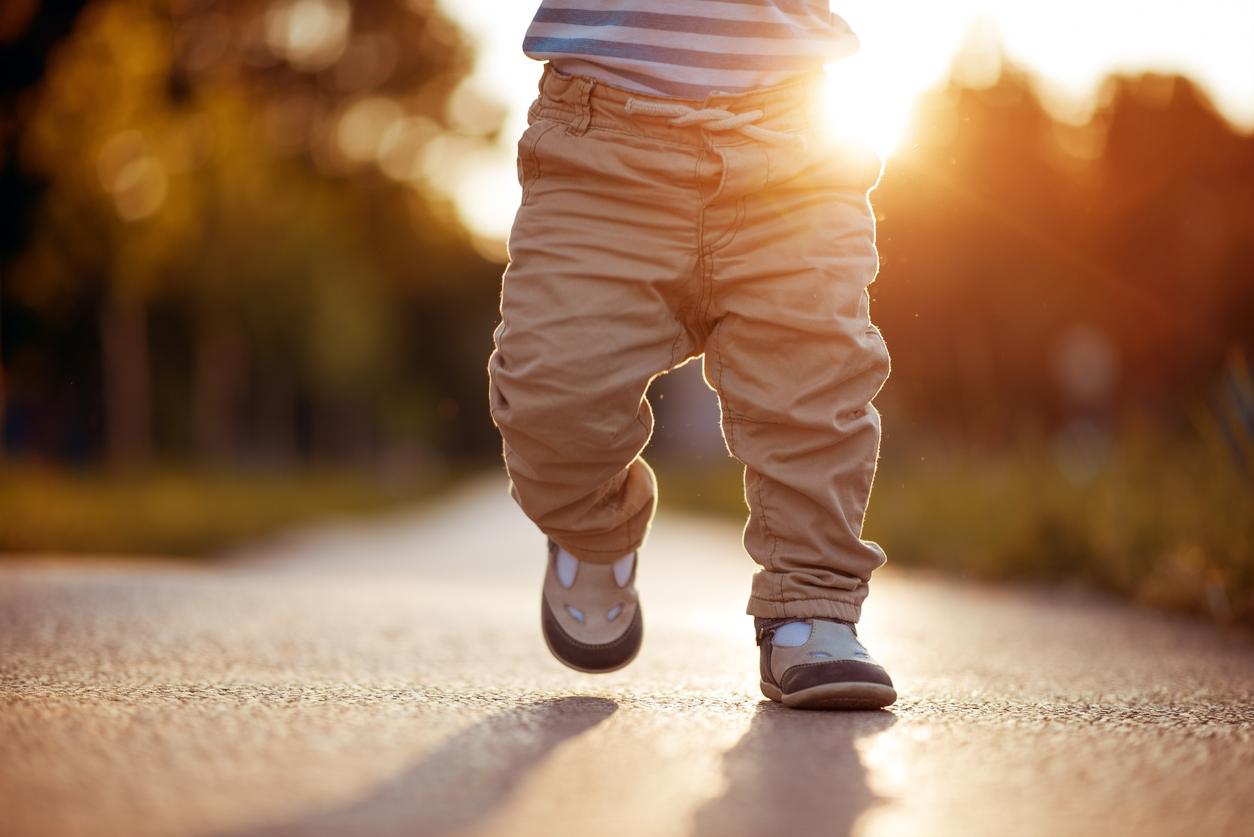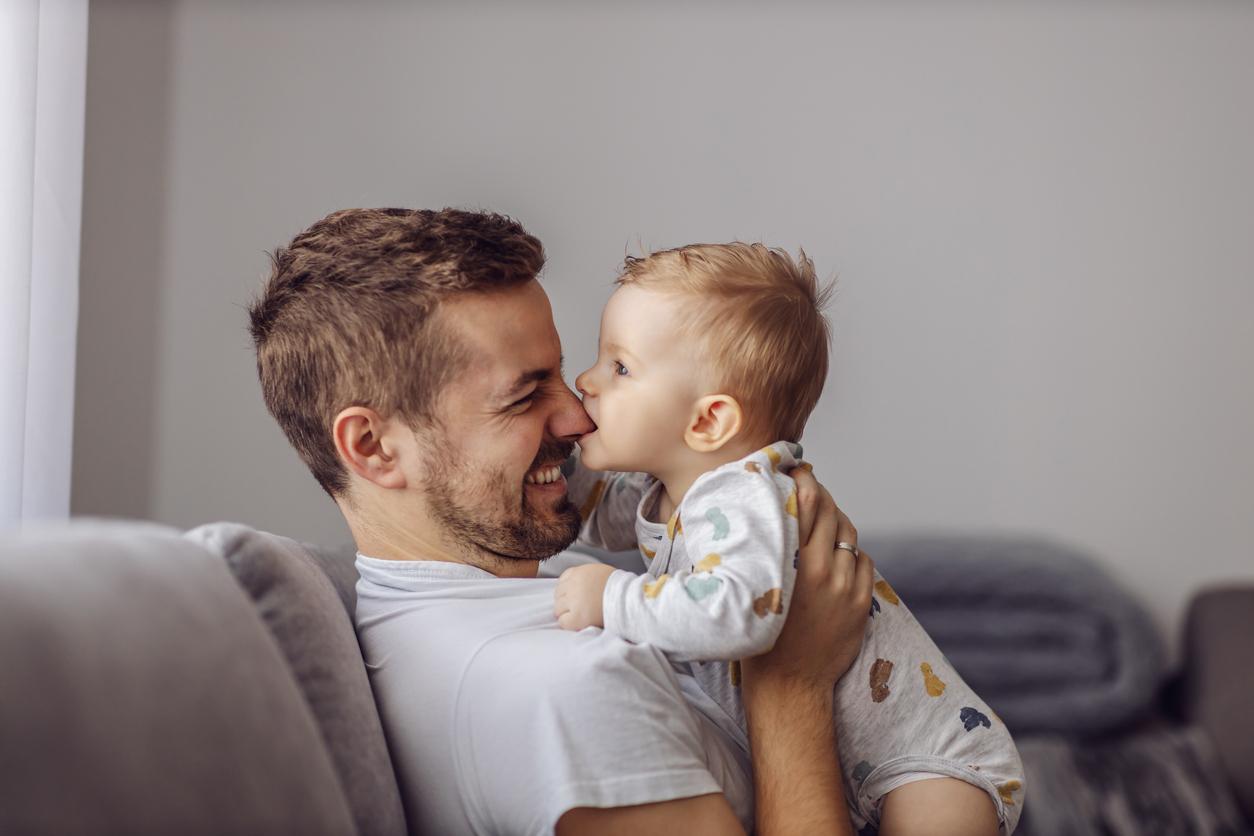Discovery, flexibility, transmission… According to Marie Danet, clinical psychologist, children gain enormously by spending part of the holidays with their grandparents. For Better Living Health, she returns to the role that the latter have to play in their education.

– Better Living Health: More than just babysitters, what can grandparents bring when they welcome their grandchildren during the holidays?
Marie Danet: Another way of life. Grandparents change the habits of children a little bit, make them adopt a different rhythm, set up new activities and offer things that parents do not usually do. Because, even if they raised one of the parents, their value system may be different.
Then, generally, on vacation, parents are tired and need to decompress: they may spend less time with their children, while grandparents, on the other hand, are often more available. This is also why going on vacation to them is a form of wealth. For me, their role is to help their grandchildren discover new things.
– Do grandparents have to put on their parents’ hats?
No, because the stakes are no longer the same. When you are a parent, it is a question of providing a correct educational framework for a child, of transmitting values and habits. Admittedly, there is also the notion of transmission from the grandparents, but it is more of a generational order. There is no longer this long-term educational challenge: it is only more. Of course, reflexes come back, of the type: “Don’t do this, don’t do that”but they can afford to let a little more transgression slip by.
In short, I advise them to be available for their grandchildren and to spend as much time as possible enjoying and sharing with them, without trying to replay their role as parents.
– How to achieve this transmission?
It really depends on the families. Between grandparents and parents, there can be a fairly close proximity, a common culture, in which case the transmission happens quite naturally. On the other hand, there are families where relations are rather conflictual, either because the grandparents and parents do not get along, or because childhood was not easy. Either way, it’s all about balance and trust, so there’s no one-size-fits-all answer: a successful transmission is based on dialogue and communication.
The exchange is essential, because, even if the idea is not that the grandparents copy what the parents do, they have to agree with them a little bit, that they don’t go against their values, that they take their education model into account. For example, if the latter have established dietary restrictions for their children, the grandparents do not have to grant themselves the right to lift them: everyone’s conviction and culture must be respected. I am also thinking of the question of digital uses: it is important that parents explain their vision of the subject to grandparents.














